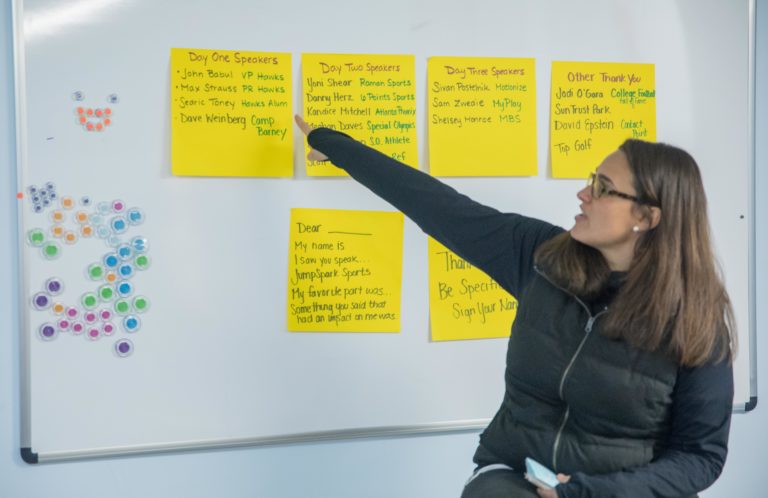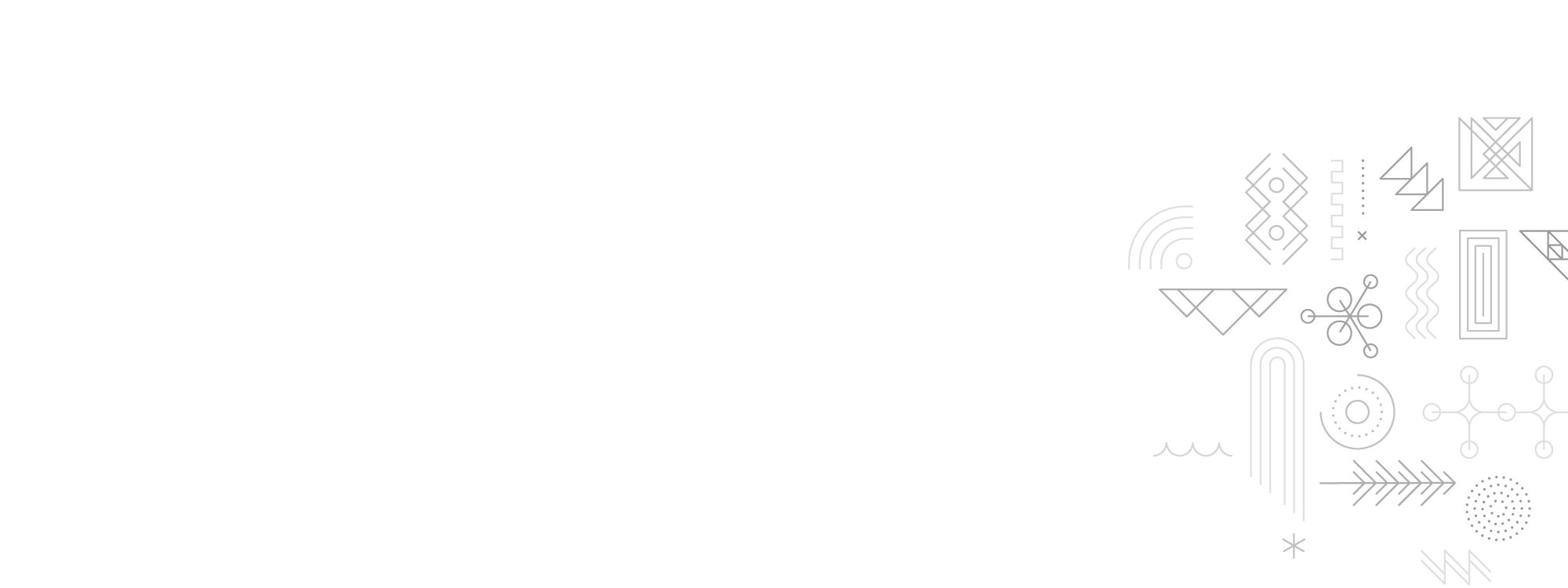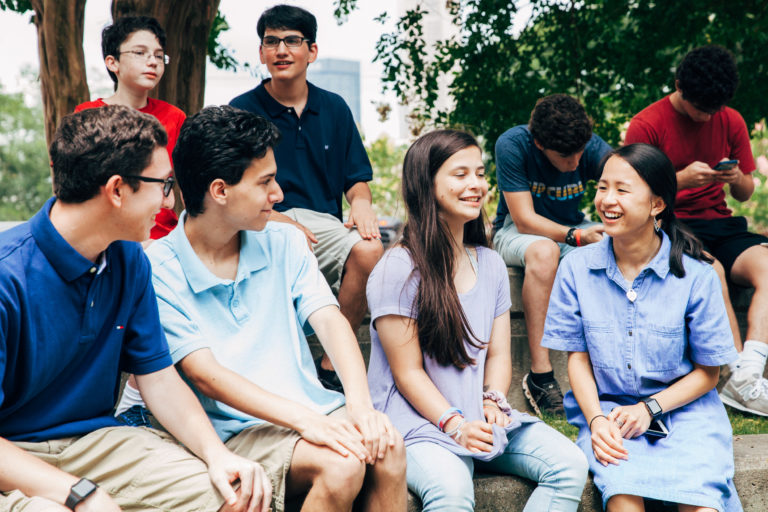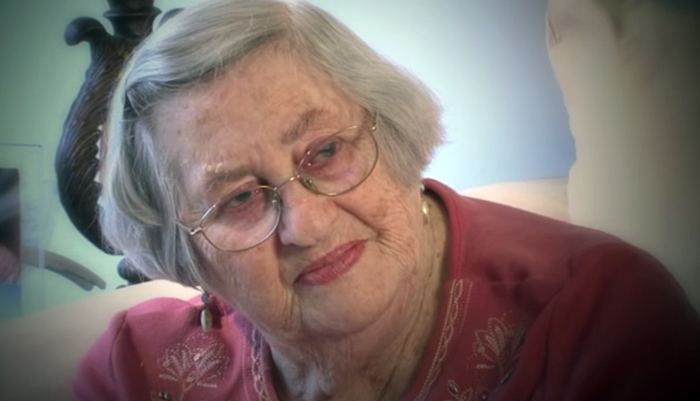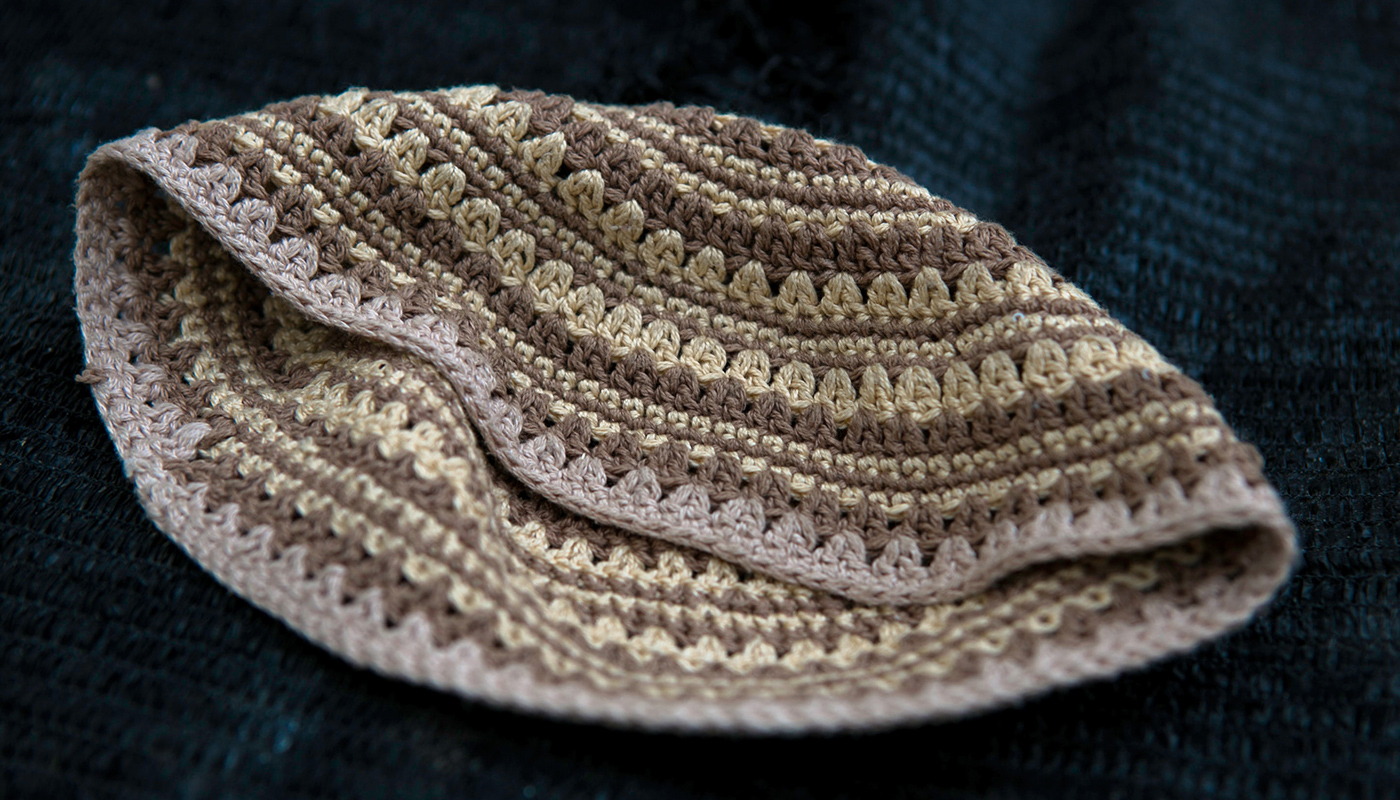
Nadia Bilchik is an editorial producer for CNN. Before she came to speak to us, I honestly didn’t even know who she was. After hearing what she had to say, I don’t think I’ll ever forget her.
Feeling somewhat anxious in certain situations is a common feeling for me and for so many others. Teen anxiety is higher than it ever has been. Whether it’s severe or not, it can make little things like raising your hand to speak in class or talking to new people so much harder than they should be.
I work myself up so easily about many things, making it hard for me to try new things. It sometimes takes some convincing to get me to go to large events and new places. I’ve always wished I didn’t have to live with any worries, so, when I saw the topic for the meeting, I was very curious. I went into the meeting not sure what to expect, and came out of it with knowledge I didn’t know was available.
Bilchik explained that she had created a four-step guide on how to conquer and calm your nerves before doing something that is out of your comfort zone. The first thought that came to my mind is that this meeting is perfect for me! She went on to explain each of these steps.
1. Think of happy past moments
2. Show interest
3. Breathing exercises
4. Show energy
They include: thinking of happy past moments, showing interest in the topic at hand, doing breathing exercises, and showing energy. The first is pretty self explanatory: think of memories that make you happy and hold onto them to take your mind off of the worrying. It was interesting to hear everyone’s happy moments.
The second involves a tactic of not using “I” statements. We did an exercise where we had to have a conversation with someone else and could use only questions in response to our partner. This gives the person that you are talking to reassurance that they have your full interest and attention.
The third step to calm nerves is all about breathing. Taking deep breaths is a way of refreshing your mind and body. It helps slow and control your heart rate and it sends a message to your brain to calm down and relax.
The last step is to show energy and engage in the conversation. You can show energy simply by standing up straight and putting a smile on your face. This shows confidence and makes you approachable. Bringing up topics that you and whoever you are talking to are both interested in is a great way to engage another person. This helps the conversation flow. With practice, all of this combined will eventually allow you to be able to comfortably start conversations with anyone.
Since this meeting, I already have and will definitely continue to use this process a lot throughout my life. I am overjoyed that Nadia Bilchik shared her wisdom with me and my fellow strong women. •
